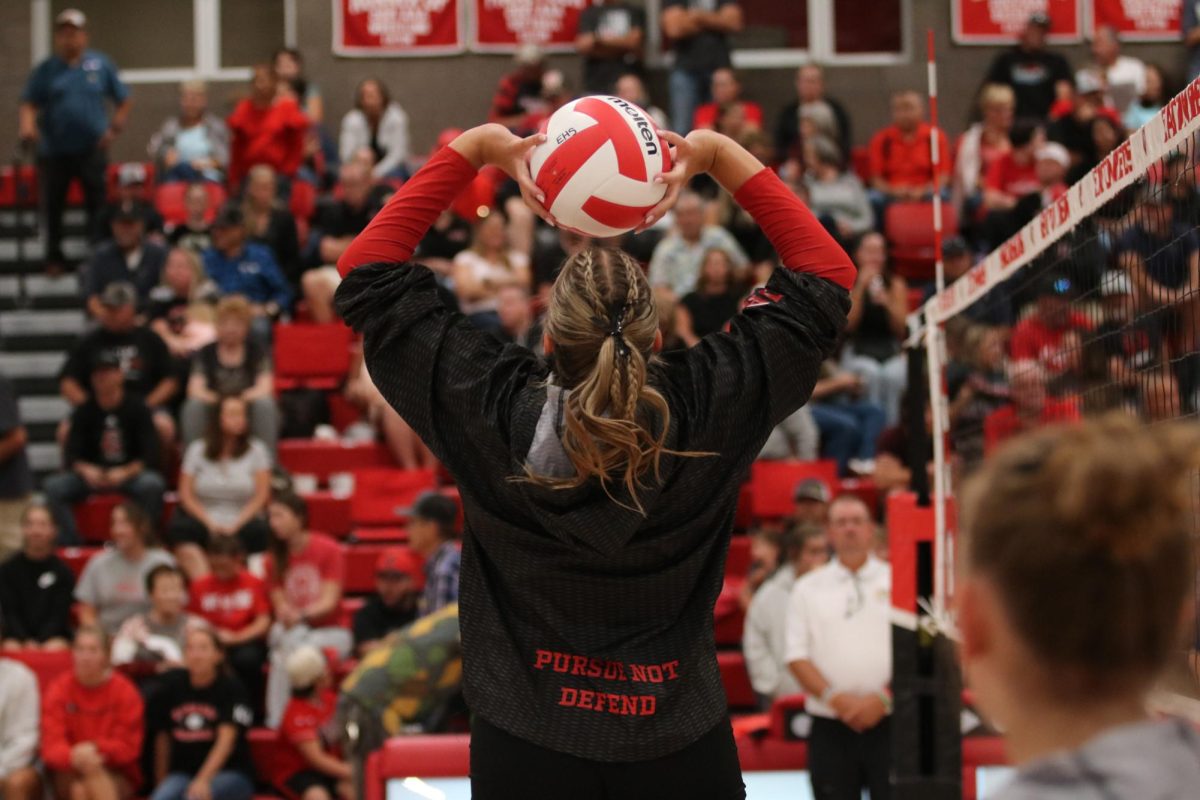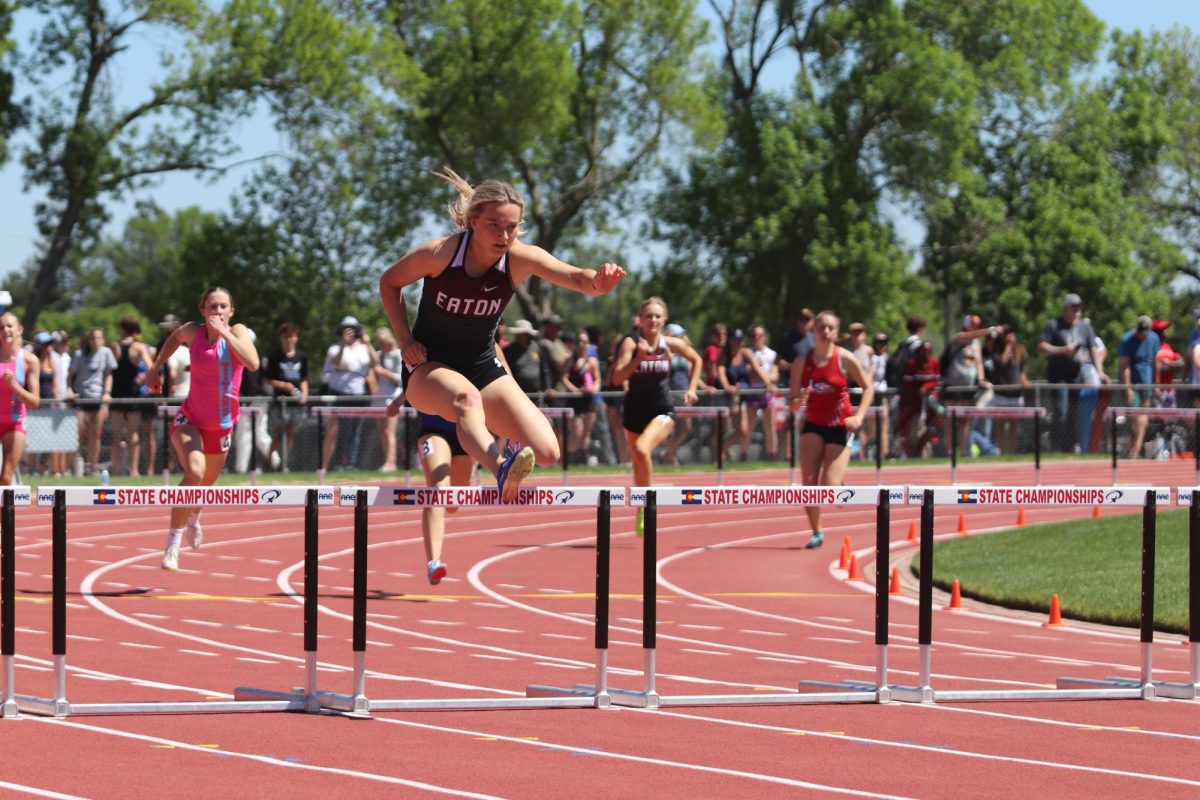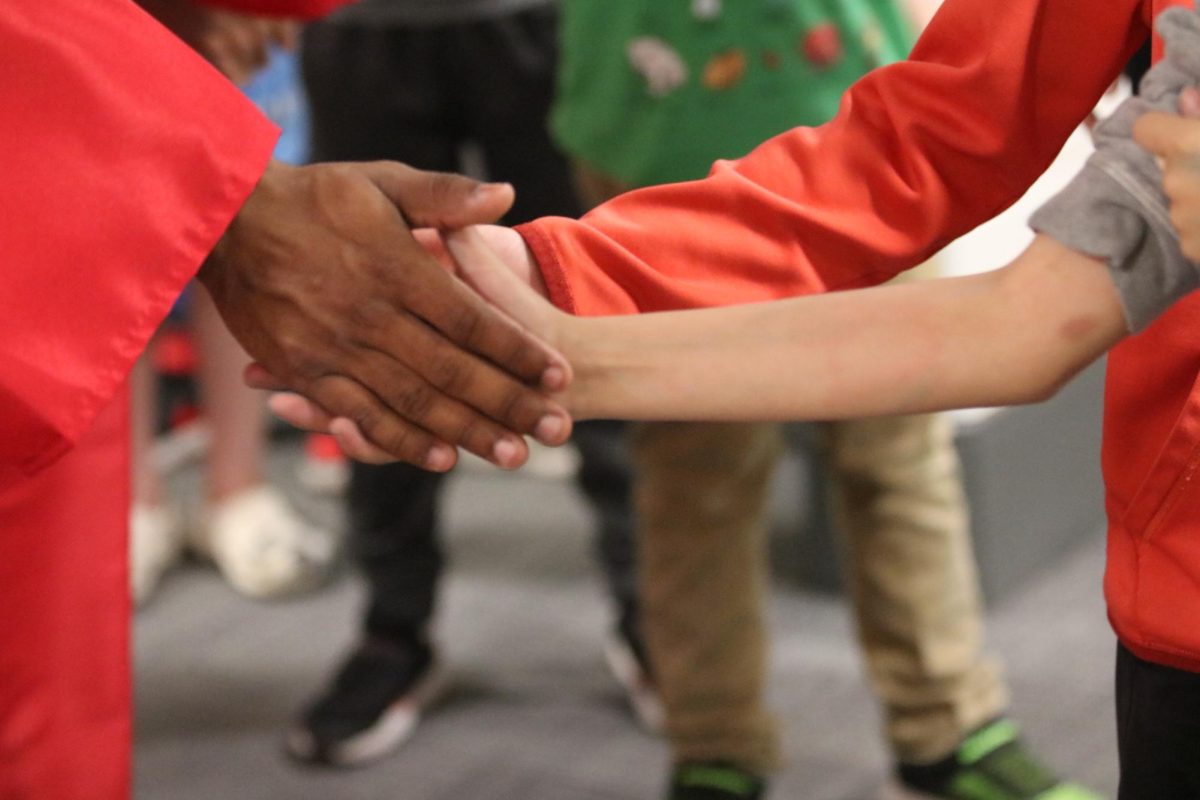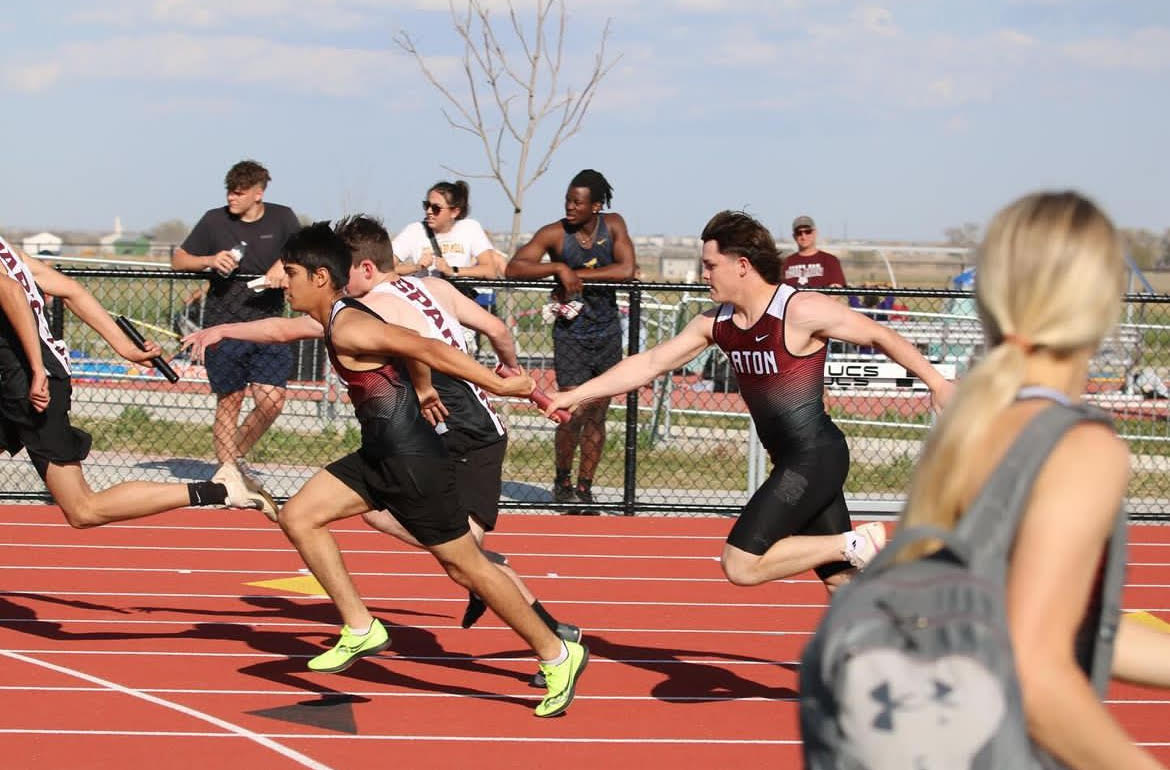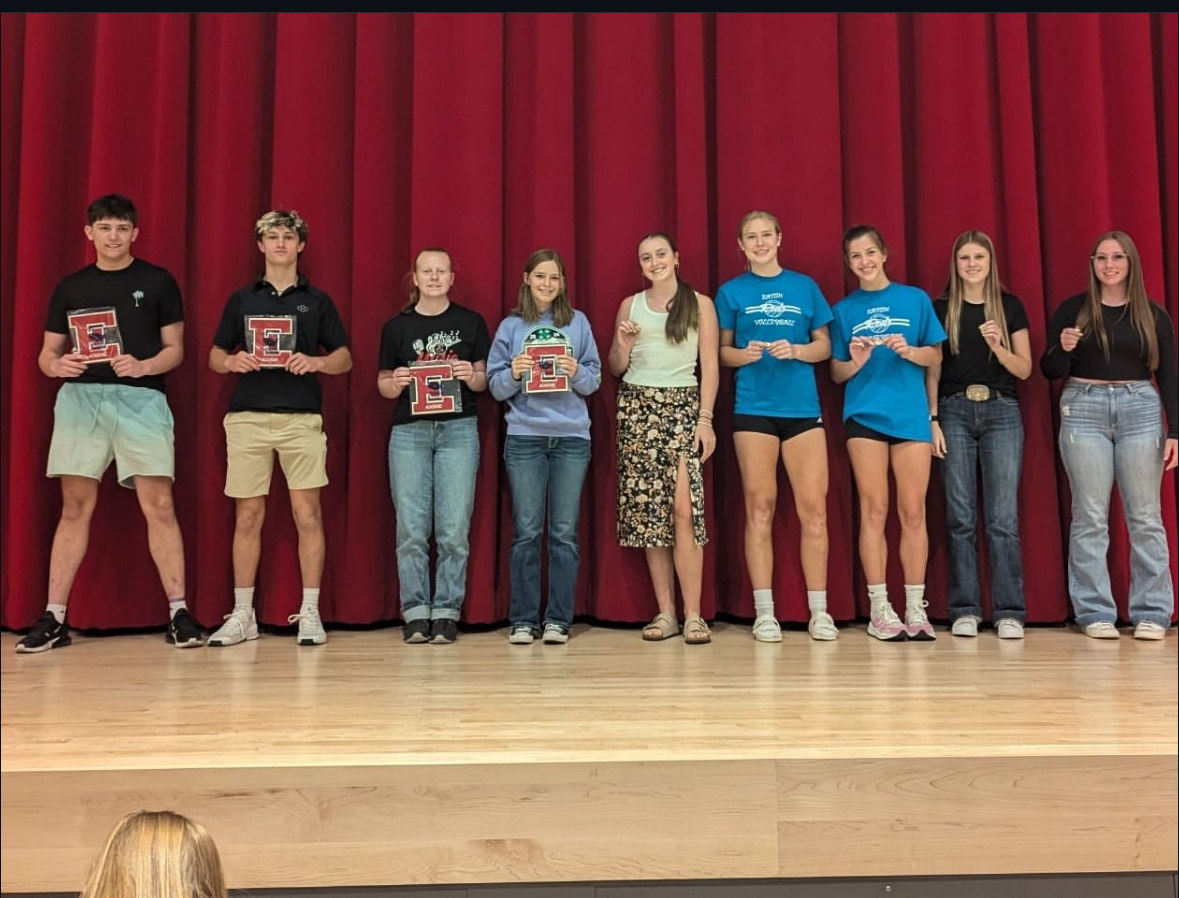By Amy Phillips
Junior year is the hardest year in high school for most. The required core classes assign more homework than sophomore or freshman year and there is Tom Trotter’s US History class. Trotter tries to challenge students beliefs by making them think about each bit of information he teaches. Last year, in Trotter’s class, Bryce Gesick (15) said he was inspired. “He himself inspired me,” Gesick said, “I enjoyed hearing his stories and the way that his point of view changed.” Invigorated by the junior history class, Gesick set his sights on applying to the Coast Guard Academy in New London, Connecticut rather than going to a traditional college, but with Trotter’s influence, his priorities switched. Trotter said the idea that he could have such great impact on a student’s future, “Blows my mind!” Yet the only thing Trotter can remember saying about the Coast Guard is how he believed the Coast Guard was “extraordinarily important” as the one military branch most consistently involved in combat action in US History. “They’re kind of a bridge between police and military,” Trotter said. The union of military and police appealed to Gesick who plans on attending the Coast Guard Academy, serving for four years, and then using the college degree from the Coast Guard to go into the police force and become a detective. Admission rates are notoriously low, with a 16.5 percent acceptance rate, but Gesick is not worried. “I’m kind of an optimistic person, so I don’t really have any concerns or I try not to think about it,” Gesick said. The Coast Guard Academy application is the same as any other college, but applicants are asked to show that they have leadership abilities. Gesick is confident in his chances, he said, “I have all the requirements.” Gesick is a member of Student Council, president of FCCLA, a mentor through LINK, and part of Fellowship of Christian Athletes. Regardless of whether or not Gesick is accepted into the Coast Guard, he wants to serve his country.









